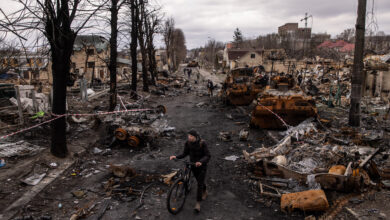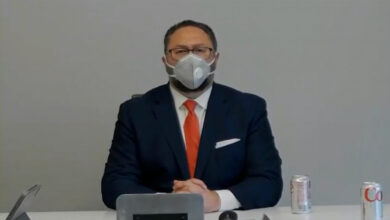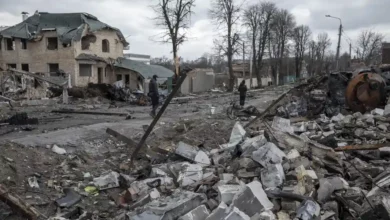Increased restrictions on public liberties and various irregularities in the electoral process were the lead items in the first report issued by the Independent Coalition for Elections’ Observation.
“Facts show the absence of the Egyptian government’s political will to run free and fair elections and create the necessary political environment in which they could flourish,” read the press release by the Cairo Institute for Human Rights Studies, one of the three organizations who put the coalition together.
The two other organizations making up the coalition are The Egyptian Association for Community Participation Enhancement and Nazra Association for Feminist Studies.
The coalition is working on monitoring the elections in three main areas in the lead-up to the upcoming parliamentary poll scheduled for 28 November, namely: field observations at different stages of the electoral process, visual and written media monitoring, as well as monitoring the status of women voters and candidates.
“The function of this report is to inform the public,” Sobhi Essaila, the main analyst of the report told Al-Masry Al-Youm. “It is directed primarily at the people and it is through public opinion that pressure can be exerted on the government. We might not have enough weight to pressure the government directly, but we can offer plenty of facts.”
The report, issued on Saturday, condemned the legal ecosystem under which the poll takes place. “The law condenses the powers of the High Elections Commission so it has no power to call for elections, supervise electoral rolls, or monitor the candidate registration phase,” the report read. It also condemned the power given to the security apparatus in managing the electoral process.
The Egyptian Association for Community Participation Enhancement pointed to specific irregularities in the candidates’ application and campaigning processes. It referenced the use of public facilities and money by ministers and governors who are running in the elections as candidates.
The association also identified loopholes in the candidates’ registration process, whereby, “the Minister of the Interior did not specify the necessary documents for applicants. This allowed security directorates to request documents with no legal basis.” Requested application documents are handled by executive branches, which, according to the report, has rendered the process difficult for opposition and independent candidates.
On a gender level, Nazra reported that executive administrators handling candidates' application are not fully aware of the women’s quota system and the number of constituencies in which it applies. It also charges them with a misperception around the fact that women can only apply in constituencies where the quota system is implemented.
The newly-introduced quota system is the product of a law approved by parliament in June 2009, designating 32 new seats for women. The Higher Elections Committee has announced that 379 women have applied to run in the next elections.
The Cairo Institute observed a “general bias towards the ruling party” in the media coverage of the electoral process. The observation came from the monitoring of eight TV channels and 16 press publications. “This was especially the case with state owned TV channels, which have also adopted the semi-official position that the Wafd Party is going to be the second largest party in the next parliament,” read the report.
More generally, the report noted the broad limitations on public freedoms ahead of the elections, as manifested in the closure of 12 TV channels, the warnings to close various others, the banning of political programs and the recent dismissal of Ibrahim Eissa, former chief editor of the highly critical Al-Dostour newspaper.
The report also referenced violence against protestors, especially in universities where students have demonstrated against the rigging of their unions’ elections.
“We are continuing our documentation and monitoring process until the election day, and there will be another report released right before the poll,” said Esseila.




